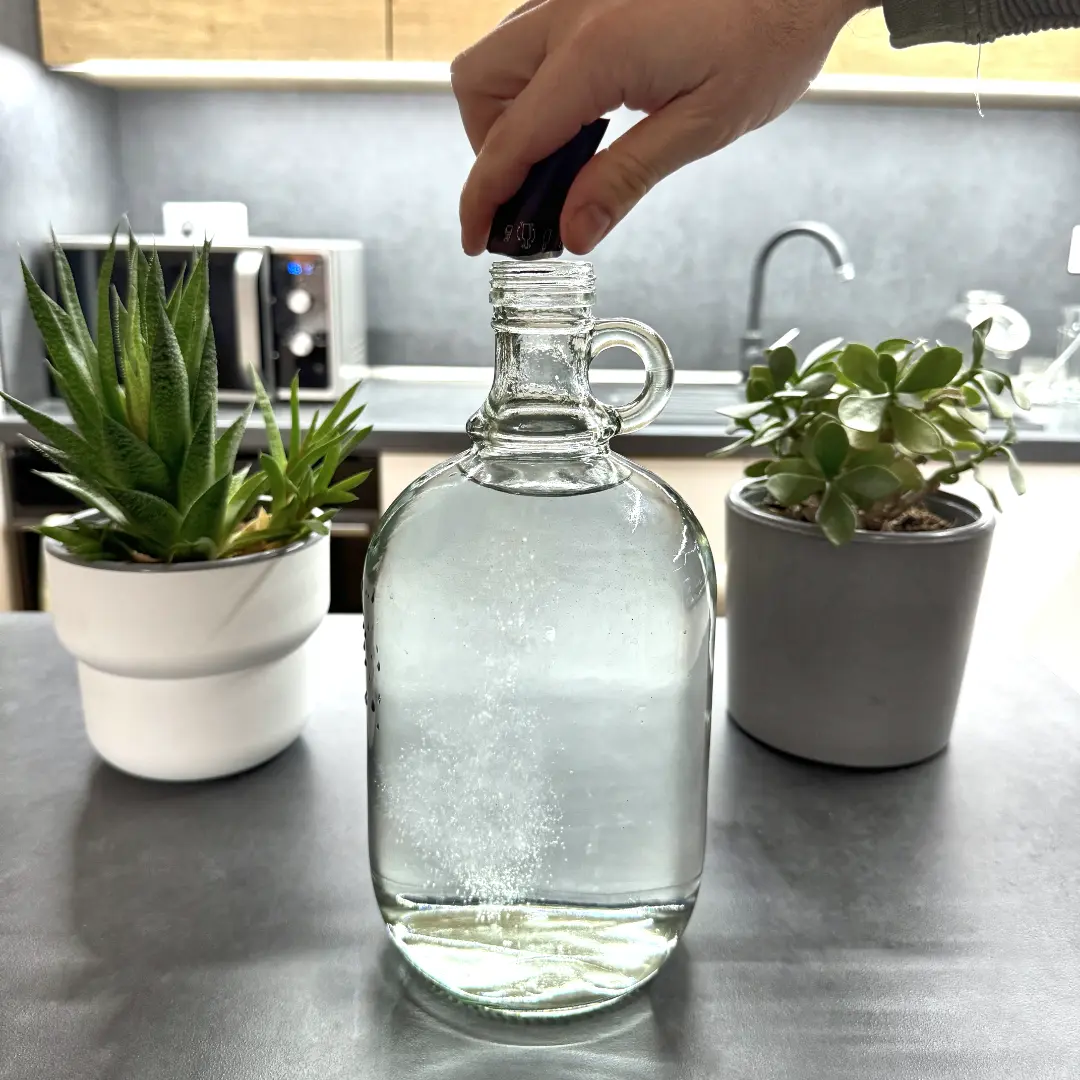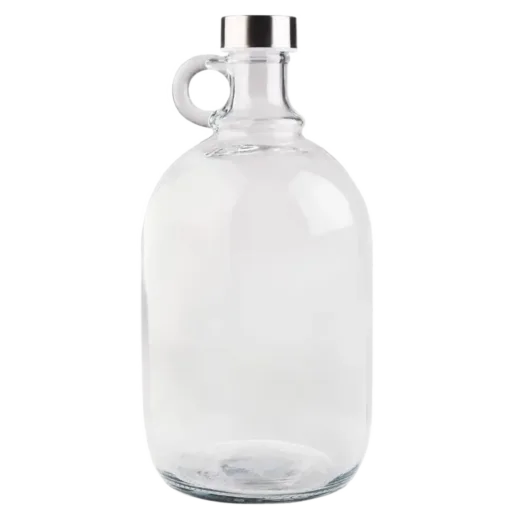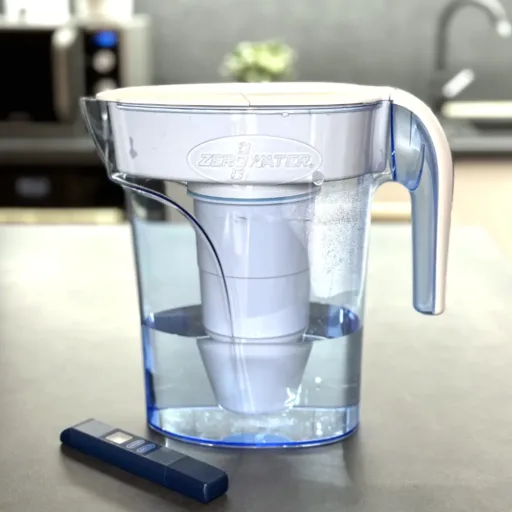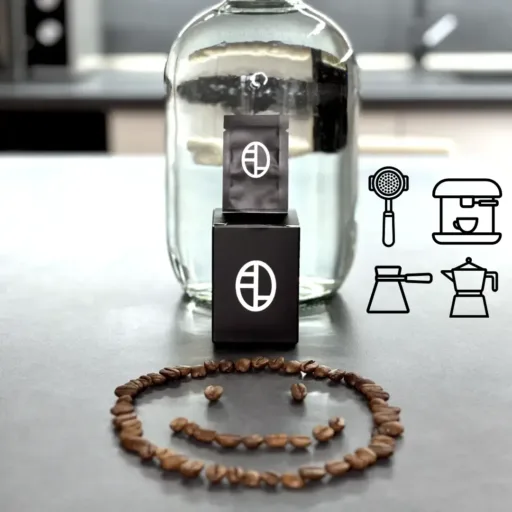Description
How does water actually affect your tea?
The flavour of your tea is influenced by multiple factors, but they all account only for 1% of your cup’s content, while the rest of 99% will be what? Water!
How about tap or filtered water?
Your water’s mineral content is predetermined by the area you live in. Moreover, even the conventional filtration techniques perform very inconsistently, and do not filter out everything. For example, they filter out only part of the minerals from your tap water, therefore two different households will get two differently tasting waters, even if filtered by the same conventional product.
What does water do?
The mineral content of your brewing water greatly influences how your tea tastes. Not only because your tea is around 99% water, but also because how your tea’s flavour notes interact with the minerals in your water. It doesn’t matter how good your leaves and equipment are, or how skilled of a teamaker you have become. If the mineral content is not suitable for your tea type, then your tea will never taste as intended.
Brewing water hardness
These minerals are essential for flavour perception. The right balance ensures a vibrant, clear cup. Too much or too little can lead to emptiness, dullness, murkiness or bitterness.
Brewing water bicarbonate level
Acts as a buffer, balancing the acidity during brewing. Improper levels can make tea taste flat, chalky, or overly sour.
Silica content
Silica occurs naturally in many of the world’s most renowned spring waters — from the volcanic sources of Japan to alpine aquifers in Europe. Even in trace amounts, it softens the texture of water, giving it a rounder, silkier mouthfeel.
In tea, silica plays a delicate but important role: it enhances the mouthfeel and clarity of the brew, allowing fine aromas and subtle notes to shine. The right silica content brings gentle harmony to every sip and adds to the sense of completeness found in premium waters. Our blend mirrors this natural profile to give your tea the kind of water it deserves.
For more information please check out our blog post about the topic.
So how is this small pouch with some joy-inducing powder the solution for all your problems?
When designing our water for Tea, we used as an example the best soft mineral waters in China’s and Japan’s mountainous areas suitable for the precious leaves carefully harvested. Therefore, our water is very similar to the waters the best farmers try their teas with. This will help you to capture their specific flavour notes, while also going to bring a little mountain spring water taste, which really balances everything out just the way it’s intended.
“Mountain spring water is the best, river water is second, well water is the worst.” – Lu Yu, The Classic of Tea
How to use it?
You want to easily improve your tea’s flavour with a designated tea brewing water? Then just open the sachet, pour its content into your bottle (2l or 5l), pour demineralized, distilled or reverse osmosis water in it, then shake until it’s fully mixed.
You can also check out our Tea guide HERE!
We really hope you enjoy our product!
Can I dissolve it in filtered water?
No, filtered water does not completely demineralize your water, and does not provide consistent performance either. Which means its taste will still depend on your original tap water and the filter’s lifecycle. We can recommend our Zero Water Jugs as an easy and more environment friendly way to demineralize your tap water at home.
Can I drink it by itself?
Our product is similar to very soft mineral waters, therefore it is safe to consume by itself.
Can I mix it in any bottle?
We do not recommend mixing the 2l versions in used plastic bottles, because they still contain the odour of their previous content. Our 5l pouches can be dissolved in a 5l distilled water canister. In order to minimize plastic consumption and make your tea corner more decorative we recommend our glass bottles.







Reviews
There are no reviews yet.